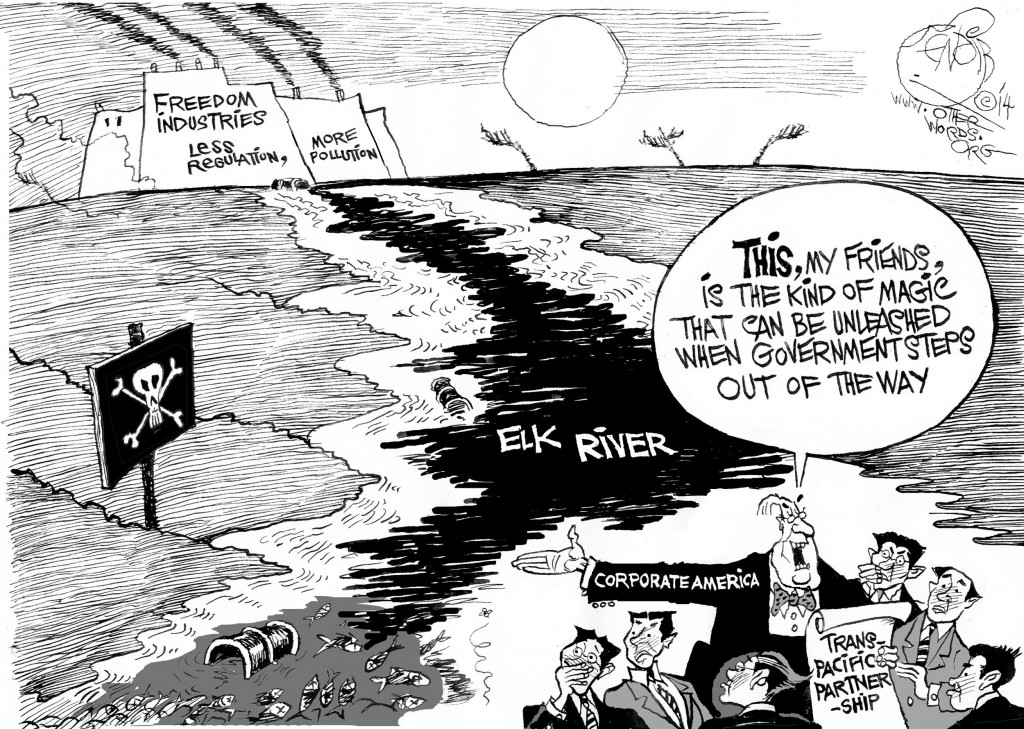Right now, Seattle is going nuts over the Seahawks—and rightly so (and freezing to death in the process—it’s cold around here at present).
The win is giving a well deserved boost to the morale of a truly great city, so I’m delighted—though the truth is that I have almost no interest in sport at all. In a way I wish I did, because it is a great social lubricant—but we are what we are.
But I mention the Seahawks to help to explain how I feel about the economy and economics in general. I find that world fascinating intellectually—and I don’t mean in a dry, academic sense. I mean that I find it as exciting and entertaining as most of us seem to find sports—and when I gain a fresh insight, I feel as thrilled as a football fan seems to be when his or her team scores.
Overall, I write about economic matters for several reasons:
- As stated, I find them fascinating. You see my kind of economics is really a study of human behavior—an investigation or voyage of adventure if you will—so has much more in common with thriller writing than you might think. My economic world has heroes and villains, action and suspense, considerable humor, and includes all kinds of interesting gadgetry and exotic locations. About all that is missing—compared to one of my thrillers—is sex. I’ll have to think about that.
- I guess I feel we should all know rather more about such matters than most of us do. After all, though all kinds of things are important to us, our economic wellbeing is absolutely fundamental.
- I have enough ego to think that one of these days, I shall write something which—together with the efforts of others—will make a difference. The fact that this country has 316 million people in it (give or take) does not persuade me that one person’s efforts are futile. On the contrary, it makes one’s efforts to change things for the better all the more worthwhile.
- I know I’m not a particularly good statistical economist, but I do think I have a talent when it comes to understanding the various forces at work—and we all have a tendency to want to play to our strengths when and where we can.
- And, by the way, I am an economist—though in my day, the university course was called “Economics & Sociology.” Today it would be referred to as “Behavioral Economics.” So the real question should be: Why is an economist writing thrillers?
Funnily enough, I don’t study the economy to make money. Though it is necessary to have enough money to survive—and pleasant to have a little more so you can live comfortably—personal financial gain is not my motivation. The adventure involved in solving the mystery is—and suspense and surprises are a constant.
But surely—given the large number of economists in Washington DC alone—all the possible solutions to our various economic woes will have already been tried or explored?
So you might think—but you would be wrong. In fact, there are a host of reasons why even the most talented experts don’t come up with solutions—or don’t declare them even if they have thought of them: Ideology is one; another is that they don’t want to be accused of being socialist—or some other such label; over-specialization is a third; lack of perspective is a fourth; inadequate knowledge of other countries is a fifth; a sense of futility—because the Republican will block anything that might help this administration is a sixth; careerism is a seventh.
Bear in mind that very few economists forecast the recent Great Recession. As it happens, I did—back in 2004. I did so for a mix of reasons—some economic and some political. It added up to the conclusion that the economy was structurally unsound—and something would have to give. I underestimated the scale of the financial crisis.
I still hold to the view that our problems—most though not all—are structural. Since we haven’t resolved the underlying issues, that means we are heading for another recession—only this time we’ll be less resilient because most of us haven’t recovered from the last one.
Is the next recession preventable? No—it’s not; because there is a lemming-like quality to the human condition. But can it’s effects be ameliorated? Yes, of course they can be—but we are doing almost nothing to prepare.

No comments:
Post a Comment